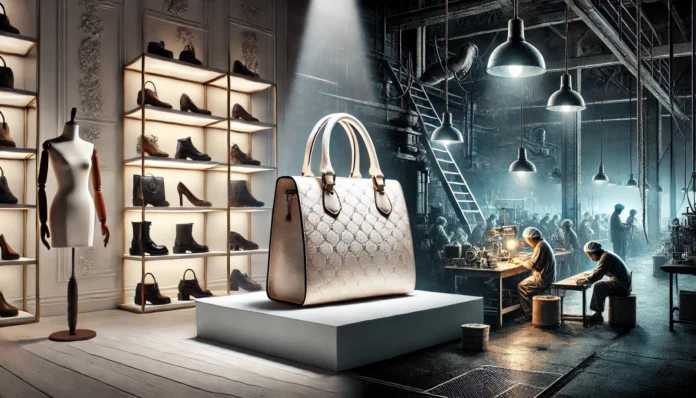From Price Tags to Labor Scandals: What You’re Really Buying When You Buy Luxury
The fashion house of Dior, a subsidiary of LVMH, has long been synonymous with luxury, craftsmanship, and elite design. However, recent legal entanglements have exposed a dark underbelly to the world of ultra-high-priced handbags. Italian prosecutors revealed in a probe that some Dior handbags, retailing for as much as $2,780, were produced for a shockingly low cost of $57—a revelation that sparked public outrage and called into question the practices of the luxury industry as a whole.
All that glitters is not gold, especially when glitter comes at the cost of human dignity.
After police raids on Dior’s suppliers, which uncovered severe worker exploitation and inadequate adherence to labor laws, courts placed Dior units under judicial administration for one year. Evidence presented during the investigation showed that some workers endured harsh conditions, even sleeping at production facilities to meet demand. Critics argue this constitutes a clear violation of labor laws and reflects poorly on the overall credibility of Dior’s supply chain.

Amid the scandal, Dior’s leadership—including CEO Delphine Arnault—has remained largely silent on the accusations, opting instead to redirect attention to new beauty campaigns. While this strategy underscores their marketing prowess, it does little to address the pressing allegations, which have drawn criticism not only for Dior but potentially other brands within the LVMH umbrella. Observers fear that such instances could erode consumer trust in luxury brands’ ethical claims and the true value of their products
Dior’s scandal exposes a harsh reality: the world’s most coveted brands may also be its most damaging.
Thanks Unity Marketing and Hindustan Times




